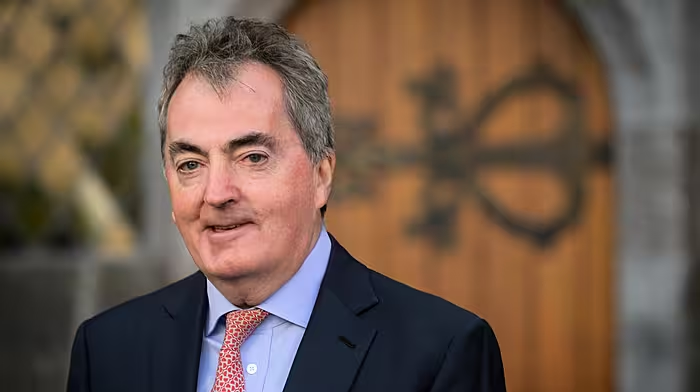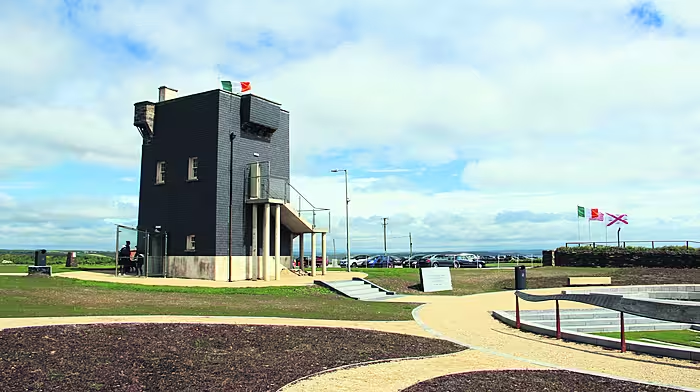At the start of March 2017, ninety members of the legislative assembly (MLAs) were elected and were paid an annual salary of £49,500 up to this time last year, when it was cut to £35,500, for basically doing nothing.
WITH British Prime Minister Boris Johnson’s narrow parliamentary majority wiped out by MPs from his own Conservative Party crossing the floor of the House of Commons to vote for new legislation aimed at stopping the United Kingdom from leaving the European Union without a withdrawal agreement, the balance of power that had been held by the Democratic Unionist Party no longer exists and they have become an irrelevant small bloc at Westminster once again.
Despite this, they remain almost as arrogant as the PM they still give allegiance to in the midst of all the chaos in parliament with DUP leader Arlene Foster talking about a new Confidence and Supply agreement with the Johnson administration, which she either can’t or won’t comprehend doesn’t give a damn about Northern Ireland anyway.
Now also, with a general election looming in the UK, their privileged power-broking days are over, for the time being at least, and it’s back to the drawing board. Maybe the DUP will be made to regret not having looked after its home patch in the North, being jointly responsible with Sinn Féin for failing to conclude a deal to get the Northern Ireland Assembly up and running again, a full two and a half years after elections to it took place.
At the start of March 2017, ninety members of the legislative assembly (MLAs) were elected and were paid an annual salary of £49,500 up to this time last year, when it was cut to £35,500, for basically doing nothing, as the executive still has not been formed. Even though it is not the fault of those in the smaller parties, they are still drawing down taxpayers’ money in a statelet that is barely functioning day to day and is in a fraught situation whichever way Brexit pans out; ironic given that the majority of people in the North voted in the June 2016 referendum to remain in the EU and little wonder that they would feel let-down by their politicians.
That cause of reviving the Northern Ireland Assembly has not been helped by a succession of increasingly-unimpressive Secretaries of State for Northern Ireland, from James Brokenshire to Karen Bradley and now Boris’s chum Julian Smith, since that election, while on the Irish government side, Tánaiste Simon Coveney could be heading towards burn-out, torn relentlessly as he is between trying to deal with the parties the North and the big Brexit mess on the European stage.
It was only this past week that PM Johnson finally deigned to meet our Taoiseach, Leo Varadkar, face to face to discuss matters of mutual interest, but this was probably too little too late in the grander scheme of things given the political chaos in Westminster which has become so bad under the new prime minister that they should consider renaming the Commons the House of Comedy. It would be funny if it wasn’t so serious, the way Boris is playing fast and loose for his own political ends, not seeming to give a damn about how his rash actions are going to impact on ordinary people’s lives across the UK, Ireland and beyond in the event of a no-deal Brexit.
With politicians across Great Britain and Northern Ireland in general election mode, we can probably wave goodbye to the Northern Ireland Assembly being resurrected any time soon. However, the DUP has an incentive to try to revive the institution by October 21st next, as new laws passed in Westminster this summer – which they are opposed to – to decriminalise abortion and same-sex marriage in Northern Ireland will come into effect in the absence of a functioning executive there by then. Sinn Féin won’t want to facilitate such a revival by that date as these new laws are aligned with their policies; the DUP vetoed same-sex marriage legislation when the Assembly was functioning previously.
Regardless of what happens in this regard – most likely nothing – still not having an administration to represent the interests of the people of Northern Ireland at a time when it was never more necessary, as the UK prepares to leave the EU, poses a very real threat to the Good Friday Agreement. The people of Northern Ireland have enjoyed 21 years of peace after over 30 years of violence and there is a younger generation there that does not remember the ‘Troubles’ and is looking forward to a brighter future.
Unfortunately, the murder of one of the shining young lights of that generation, journalist Lyra McKee, last Easter and various other nefarious activities being increasingly carried out by emboldened dissident republicans continue to highlight the grave dangers of a political vacuum such as that which exists in Northern Ireland at present.









